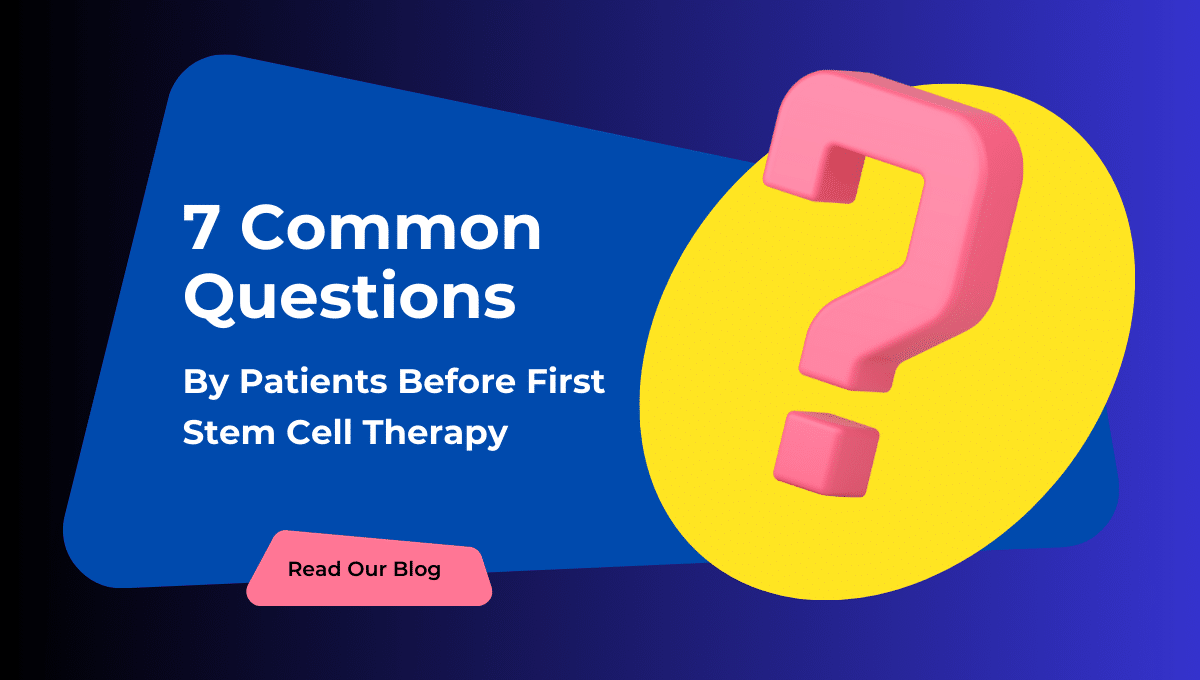- Home
- About Us
- Book Appointment
- Treatments
- Alzheimer’s Disease
- Anti-Aging
- Autism
- Autoimmune Disorders
- Back Pain
- COPD
- Crohns Disease And Ulcerative Colitis
- Erectile dysfunction and Penis enlargement
- Fibromyalgia
- Hip Pain
- Knee Pain
- Lupus
- Lyme Disease
- Multiple Sclerosis
- Muscular dystrophy
- Parkinsons Disease
- Peripheral And Diabetic Neuropathy
- Post Cancer Treatments
- Post Stroke Recovery
- Psoriasis
- Rheumatoid Arthritis
- Shoulder Pain
- Join The Club
- Aesthetics
- Blog
- Contact Us
Stem cell therapy has revolutionized the approach to treating various inflammatory conditions, offering new hope and possibilities. By harnessing the body’s natural healing mechanisms, this advanced treatment aims to reduce inflammation and improve the quality of life for millions of individuals. One leading provider of this innovative therapy, the Life Altering Stem Cell Therapy Institute, is proudly American-owned and operated. This article delves into the mechanics of stem cell therapy for inflammation, its benefits, and the transformative impact it can have on patients’ lives.
Understanding Inflammation and Its Impact
Inflammation is a biological response triggered by the immune system to protect the body from harmful stimuli such as pathogens, damaged cells, or irritants. While acute inflammation is a crucial part of the healing process, chronic inflammation can lead to a host of debilitating diseases. According to the Centers for Disease Control and Prevention (CDC), over 54 million Americans suffer from some form of inflammatory disease. These conditions significantly impact the quality of life and can lead to severe complications if not managed effectively.
Common Inflammatory Diseases
- Rheumatoid Arthritis (RA): An autoimmune disorder characterized by the immune system attacking the joints, leading to pain, swelling, and potential joint destruction. It affects approximately 1.3 million Americans.
- Multiple Sclerosis (MS): A disease where the immune system attacks the protective sheath (myelin) that covers nerve fibers, resulting in nerve damage and disrupted communication between the brain and the rest of the body. Over 350,000 Americans are diagnosed with MS.
- Inflammatory Bowel Disease (IBD): This includes conditions such as Crohn’s disease and ulcerative colitis, where chronic inflammation affects the gastrointestinal tract, causing severe digestive issues and abdominal pain.
- Psoriasis: An autoimmune condition that accelerates skin cell production, causing scaling and inflammation of the skin. It affects more than 8 million people in the U.S.
- Lupus: A systemic autoimmune disease where the body’s immune system attacks its tissues and organs, leading to widespread inflammation. Approximately 1.5 million Americans have lupus.
Read Also: Know More About Stem Cell Therapy In Dallas
How Stem Cell Therapy for Inflammation Works
Stem cell therapy, particularly using mesenchymal stem cells (MSCs), offers a groundbreaking approach to treating inflammation. MSCs are derived from the umbilical cord (Wharton’s Jelly) and possess unique properties that make them highly effective in managing inflammatory conditions.
Key Mechanisms of MSCs
- Anti-Inflammatory Properties: MSCs modulate the immune system by secreting bioactive molecules that reduce inflammation and promote tissue repair. This helps in mitigating the chronic inflammatory response seen in autoimmune and inflammatory diseases.
- Regenerative Capabilities: MSCs have the potential to differentiate into various cell types, aiding in the repair and regeneration of damaged tissues, which is crucial for conditions like rheumatoid arthritis and multiple sclerosis.
- Paracrine Effects: MSCs release growth factors and cytokines that stimulate the body’s own repair mechanisms, enhancing the function of affected tissues and promoting overall healing.
- Immunomodulation: MSCs balance the immune response, preventing the immune system from attacking the body’s own tissues. This immunomodulatory effect is particularly beneficial in autoimmune diseases where the immune system is overactive.
Benefits of Stem Cell Therapy for Inflammation
- Pain Relief and Reduced Inflammation
One of the most significant benefits of stem cell therapy is its ability to reduce inflammation and alleviate pain. Clinical studies have shown that patients with rheumatoid arthritis and other inflammatory conditions experience significant improvements in pain levels and joint function after stem cell treatment. For instance, a study published in Stem Cells Translational Medicine reported that 70% of patients with knee osteoarthritis experienced significant pain relief and improved joint function after receiving MSC therapy.
- Enhanced Mobility and Quality of Life
Patients undergoing stem cell therapy often report improved mobility and a better quality of life. For individuals with conditions like multiple sclerosis, stem cell therapy can slow the progression of the disease and enhance neurological function, leading to greater independence and improved daily living.
- Reduced Dependency on Medication
Traditional treatments for inflammatory diseases often involve long-term use of medications, which can have various side effects. Stem cell therapy offers a natural alternative, potentially reducing the need for drugs and minimizing their associated risks. This can be particularly beneficial for patients who experience adverse effects from conventional medications.
- Long-Term Efficacy
Research indicates that stem cell therapy can provide long-lasting relief from inflammation. Unlike conventional treatments that may offer only temporary symptom relief, stem cell therapy addresses the underlying causes of inflammation, promoting sustained healing and recovery. A study conducted by the National Institutes of Health (NIH) found that patients with multiple sclerosis showed reduced disease activity and improved neurological function following stem cell treatment.
Read Also: Exploring the Potential of Wharton’s Jelly Mesenchymal Stem Cells in Multiple Sclerosis Treatment
Real-World Impact and Statistics
The effectiveness of stem cell therapy is supported by a growing body of clinical evidence. For example, a study published in the journal Stem Cells Translational Medicine reported that 70% of patients with knee osteoarthritis experienced significant pain relief and improved joint function after receiving MSC therapy. Another study found that patients with multiple sclerosis showed reduced disease activity and improved neurological function following stem cell treatment.
According to the National Institutes of Health (NIH), over 350,000 Americans are diagnosed with multiple sclerosis, and approximately 1.3 million Americans live with rheumatoid arthritis. For these individuals, stem cell therapy represents a beacon of hope, offering the possibility of managing symptoms and enhancing their quality of life.
Stem Cell Therapy at Life Altering Stem Cell Therapy Institute
Life Altering Stem Cell Therapy Institute utilizes mesenchymal stem cells obtained from the umbilical cord (Wharton’s Jelly). These cells, sourced ethically and safely from newborn umbilical cords, possess potent anti-inflammatory and regenerative properties. The institute’s approach is grounded in rigorous scientific research and clinical expertise, ensuring patients receive the highest quality of care.
Conclusion
Stem cell therapy for inflammation represents a transformative advancement in medical science, offering new hope to millions of individuals suffering from chronic inflammatory conditions. By harnessing the power of mesenchymal stem cells, this therapy provides a natural, effective, and long-lasting solution to inflammation and its associated symptoms. As more research and clinical trials continue to validate its efficacy, stem cell therapy stands poised to become a cornerstone of modern medicine, improving lives and fostering better health outcomes.














